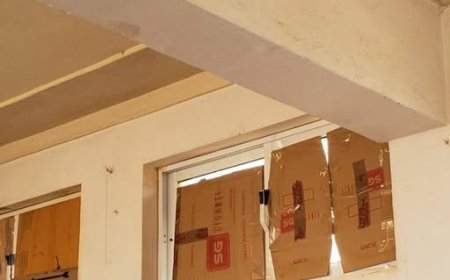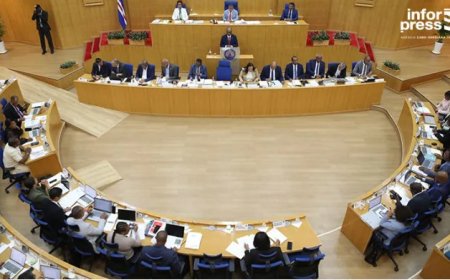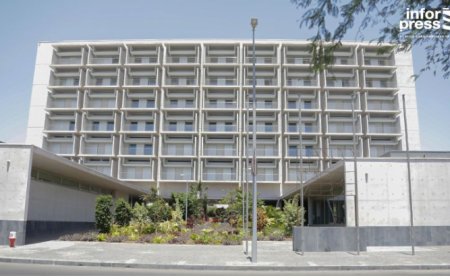Faced with a widespread wave of protests and criticism, the government seems to have backed down.
Faced with a widespread wave of protests and criticism, the government seems to have backed off from its attempt to significantly increase shipping tariffs. This regrettable episode reveals a blatant political miscalculation. Beyond that, however, it uncovered worrying deficits in terms of macroeconomic coordination and management, as well as the institutional framework for regulating the sector.

Faced with a widespread wave of protests and criticism, the government seems to have backed off from its attempt to significantly increase shipping tariffs. This regrettable episode reveals a blatant political miscalculation. Beyond that, however, it uncovered worrying deficits in terms of macroeconomic coordination and management, as well as the institutional framework for regulating the sector.
Effectively, it is a primary error to increase tariffs of this magnitude in the maritime transport sector, knowing that they are included in the formation of almost all prices for goods and services, at a time when there is an exceptional rise in prices, initially imported through food and energy goods, and in which the fundamental concern is to contain the so-called second-round effects and keep inflation expectations anchored. This is a markedly pro-cyclical measure. Now, in a pro-cyclical economic regime like ours, particularly because of the exchange rate regime, the orientation of macroeconomic management must be counter-cyclical. When the economy is liberalized and privatized, it is of paramount importance to build an independent economic regulation, to guarantee competition, but also the financial balance of companies and the sustainability of the provision of public services of general interest. When embarking on the provision of these services in a business manner, it is essential that there is a recovery of costs, including the costs (return) of capital.
Whenever political authorities choose to practice preferential tariffs, companies must be transparently compensated through the State Budget. The magnitude of the publicized increases is justified by the fact that the tariff adjustment has not been carried out for too long. This is unacceptable due to the absence of effectively independent regulation. It is absolutely retrograde for the State to have committed itself in the amendment to the concession contract to be “diligenced” with the competent authorities so that the tariffs can be updated. But by all accounts, the sector's independent regulatory structures have been dismantled by the current government. It is accepted that tariffs may be well below the justified level, but it is still a contradiction to intend, at this inopportune moment, and at once, to make all the necessary adjustments, rejecting the State's responsibility in relation to maritime transport , crucial in a country with the characteristics of ours, with particularly harmful consequences for the population and economic activities in the peripheral islands, especially when this same State has been injecting millions of escudos into TACV to, namely, subsidize the transport of passengers from origins in Brazil and thus feed the ambition of an aerial “Hub” in Sal.























































